Kicking off with How to Write the Perfect Thank-You Email After an Interview, this opening paragraph is designed to captivate and engage the readers, setting the tone for a clear and insightful discussion. This crucial follow-up step can significantly influence a hiring manager’s perception and reinforce your suitability for the role, making it an indispensable part of your job application strategy.
Understanding the purpose, essential components, and best practices for crafting a compelling post-interview thank-you email is paramount. This guide will navigate you through creating a personalized, professional, and impactful message that effectively communicates your continued interest and qualifications, ensuring you leave a lasting positive impression.
Understanding the Purpose of a Post-Interview Thank-You Email
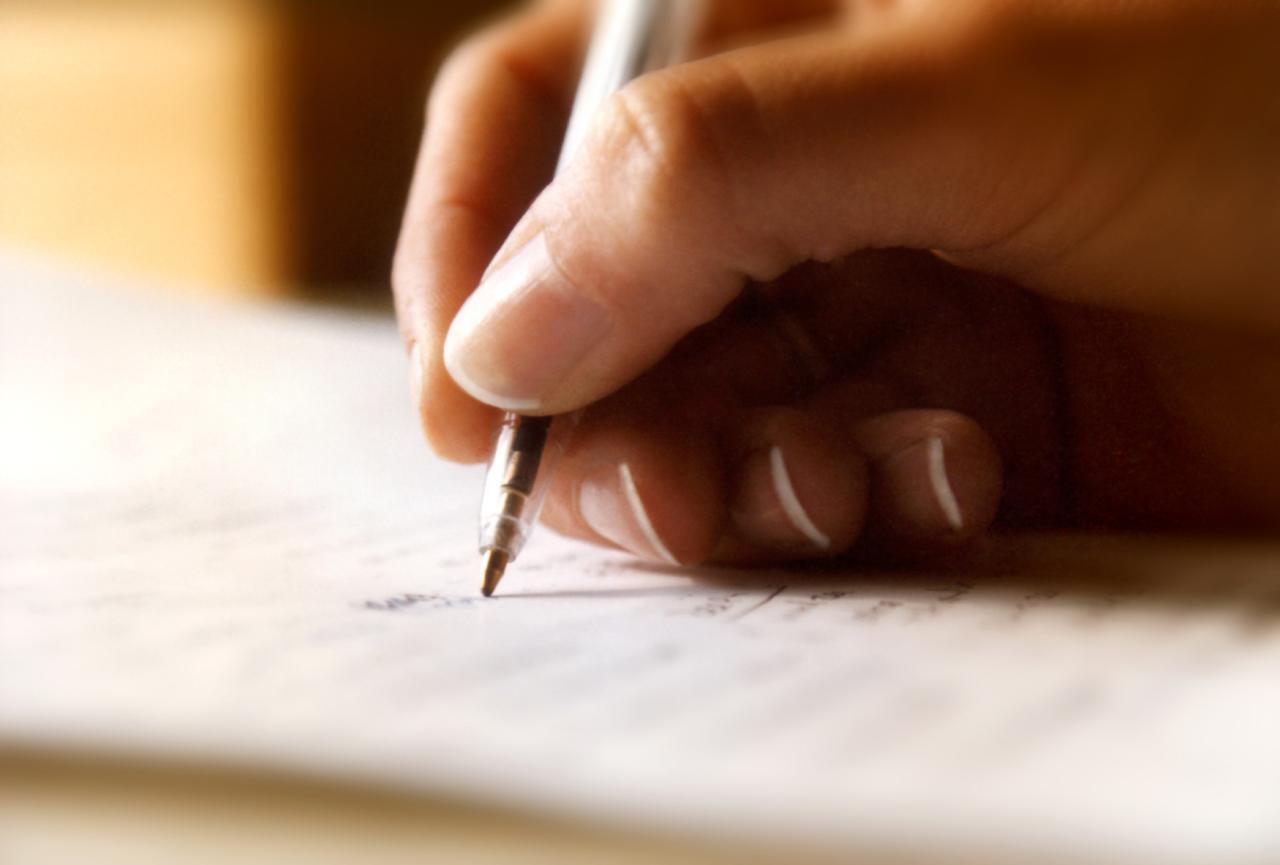
Sending a thank-you email after an interview is a crucial step in the job application process, serving as a final opportunity to make a positive impression and solidify your candidacy. It’s more than just a formality; it’s a strategic tool that can significantly influence the hiring manager’s perception of your professionalism and enthusiasm. A well-timed and thoughtfully composed email demonstrates your continued interest and provides a chance to reiterate why you are the ideal fit for the position.This follow-up communication reinforces your engagement with the company and the specific role.
It allows you to highlight key aspects of your conversation, showcasing that you were attentive and understood the nuances of the opportunity. By taking the time to send a personalized thank-you, you differentiate yourself from other candidates who may not have taken this extra step, signaling a higher level of commitment and proactivity.
Reinforcing Interest and Suitability
A post-interview thank-you email is an invaluable tool for reaffirming your strong interest in the position and reiterating your qualifications. It provides a structured platform to connect your skills and experiences directly to the needs and challenges discussed during the interview, thereby strengthening the case for your suitability.This communication allows for a subtle yet effective recap of your key strengths.
You can highlight specific examples or points from the interview where your expertise directly addresses the company’s requirements. For instance, if the interviewer mentioned a particular project or challenge, you can briefly elaborate on how your past experience has prepared you to tackle it successfully. This demonstrates that you were actively listening and are already thinking about how you can contribute from day one.
Impact on Interviewer Perception
The impact of a well-crafted thank-you email on an interviewer’s perception can be substantial, often tipping the scales in favor of a candidate. It serves as a tangible representation of your professionalism, communication skills, and genuine enthusiasm for the role and the organization.A prompt and personalized thank-you email signals several positive attributes to the interviewer:
- Professionalism: It shows that you understand professional etiquette and value the interviewer’s time.
- Attention to Detail: A well-written email, free of errors, demonstrates your meticulousness, a trait highly valued in most roles.
- Enthusiasm: It reiterates your excitement about the opportunity, reminding the interviewer of your eagerness to join their team.
- Recall and Engagement: Referencing specific points from the conversation shows you were engaged and have a good memory, indicating you were truly listening and processing the information.
For example, imagine two candidates, both qualified. Candidate A sends a generic thank-you email. Candidate B sends a personalized email referencing a specific problem discussed and how their past experience in a similar situation led to a quantifiable positive outcome. The interviewer is more likely to remember and favor Candidate B because the email provided concrete evidence of their problem-solving abilities and highlighted their proactive thinking.
This personalized touch transforms the thank-you email from a simple courtesy into a powerful persuasive document.
Essential Components of an Effective Thank-You Email
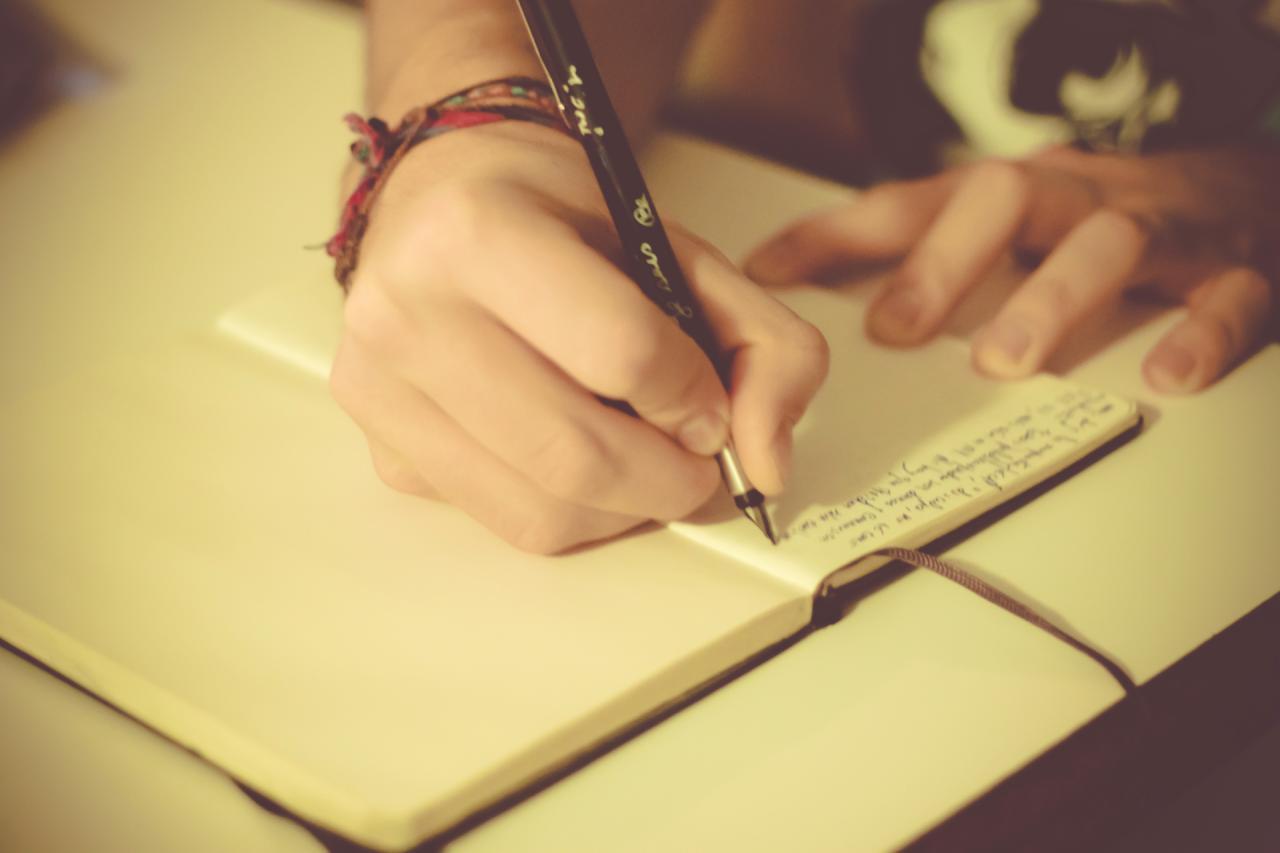
Following your interview, a well-crafted thank-you email is a critical step in reinforcing your interest and leaving a positive lasting impression. It’s your opportunity to reiterate your qualifications, express gratitude, and demonstrate your professionalism. This section will guide you through the indispensable elements that make a thank-you email truly impactful.A standard thank-you email follows a clear, logical structure that ensures all key information is communicated effectively.
By adhering to this framework, you can create a polished and professional message that resonates with the hiring manager.
Standard Thank-You Email Structure
A well-organized thank-you email typically includes the following sections, presented in a logical flow to guide the reader through your message:
- Subject Line: This is the first thing the recipient sees, so it needs to be clear, concise, and informative. It should immediately tell the sender who you are and what the email is about.
- Salutation: A professional and personalized greeting is essential. Address the interviewer by name, using their correct title.
- Opening: Immediately express your gratitude for the interview opportunity. Mention the specific position you interviewed for and the date of the interview.
- Reiteration of Interest and Key Qualifications: Briefly remind the interviewer of your strong interest in the role. Highlight one or two key skills or experiences that align perfectly with the job requirements, referencing specific points discussed during the interview.
- Addressing Any Omissions or Further Information: If there was something you forgot to mention or a point you wish to clarify, this is the place to do it concisely.
- Closing: Reiterate your enthusiasm for the position and express your anticipation for the next steps in the hiring process.
- Professional Closing: A polite and professional sign-off, such as “Sincerely” or “Best regards,” followed by your full name.
- Contact Information: Ensure your contact details, including your phone number and email address, are readily available.
Importance of Personalization for Each Recipient
While the core structure of a thank-you email remains consistent, personalization is what elevates it from a generic message to a truly memorable one. Tailoring your email to each individual interviewer demonstrates that you were attentive during the conversation and that you value their time and input.When you interview with multiple people, it is crucial to send a separate, personalized thank-you email to each of them.
Generic emails, even if sent to multiple individuals, can appear insincere and show a lack of effort. Personalization can include:
- Referencing a specific point of discussion unique to your conversation with that individual. For example, “I particularly enjoyed our discussion about the upcoming project’s challenges in X area, and I believe my experience in Y would be highly beneficial.”
- Acknowledging a specific piece of advice or insight they shared.
- Mentioning something you learned from them about the company culture or their role.
- Using their preferred name and title.
“The goal of a thank-you note is to keep your name top-of-mind and reinforce why you are the best candidate. Personalization makes this goal achievable.”
Failing to personalize your thank-you emails can result in missed opportunities to strengthen your candidacy. For instance, if one interviewer expressed particular interest in your problem-solving skills related to a specific scenario, referencing that directly in your thank-you to them can significantly boost your chances. Conversely, a generic email might overlook this crucial connection.
Personalizing the Email Content
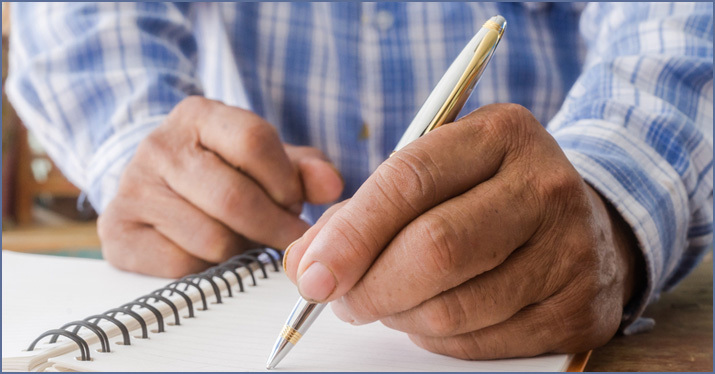
A generic thank-you email can be easily overlooked. The true power of a post-interview thank-you lies in its ability to remind the interviewer of your unique fit for the role and your genuine interest in the company. Personalization demonstrates that you were actively listening and engaged during the conversation, making you a more memorable candidate.This section will guide you through crafting an email that is tailored to your specific interview experience, highlighting your strengths and addressing any potential reservations.
By incorporating these strategies, you can elevate your thank-you note from a formality to a strategic tool.
Referencing Specific Interview Discussion Points
Recalling particular aspects of your conversation shows attentiveness and reinforces your understanding of the role and the company’s needs. This can be achieved by mentioning specific projects, challenges, or insights shared by the interviewer.To effectively reference interview points:
- Mention a specific project or initiative discussed: For example, “I was particularly intrigued by our discussion about the upcoming [Project Name] initiative and how my experience in [Relevant Skill] could contribute to its success.”
- Refer to a challenge or problem the team is facing: “I found our conversation about streamlining the [Specific Process] process very insightful. I believe my background in [Relevant Area] could offer innovative solutions.”
- Acknowledge a company value or goal that resonated with you: “Your emphasis on [Company Value, e.g., collaborative innovation] truly resonated with me, as it aligns perfectly with my own professional philosophy.”
- Recall a piece of advice or feedback given: If the interviewer offered advice, acknowledge it: “Thank you for sharing your insights on [Specific Topic]. I will certainly keep your recommendation regarding [Actionable Advice] in mind.”
Reiterating Key Qualifications Relevant to the Role
While you’ve likely covered your qualifications during the interview, a thank-you email provides a concise opportunity to subtly reinforce your most pertinent skills and experiences. This should be done in a way that directly connects to the requirements of the position.To reiterate your key qualifications effectively:
- Align your skills with job requirements: “Based on our conversation, I understand that [Key Responsibility] is a critical aspect of this role. My proven ability to [Relevant Skill/Accomplishment] directly addresses this need.”
- Quantify achievements where possible: Instead of just stating a skill, provide evidence. “My experience in [Skill] has consistently led to positive outcomes, such as increasing [Metric] by [Percentage] in my previous role.”
- Highlight transferable skills: If a direct match isn’t obvious, emphasize how your existing skills can be applied. “While the role focuses on [Specific Area], my experience in [Related Area] has equipped me with strong analytical and problem-solving abilities that I believe would be highly beneficial.”
Addressing Lingering Concerns or Questions
A thank-you email is an opportune moment to proactively address any potential hesitations the interviewer might have or to clarify any points that may have been ambiguous during the interview. This demonstrates your self-awareness and commitment to ensuring a clear understanding.Strategies for addressing lingering concerns:
- Clarify a misunderstood point: If you feel a particular answer may not have fully conveyed your capabilities, rephrase it concisely. “To further elaborate on my experience with [Topic], I wanted to highlight that [Additional Detail/Example] demonstrating my proficiency.”
- Address a skill gap if it was a significant point of discussion: Frame this positively, focusing on your willingness to learn and develop. “While I may have less direct experience in [Specific Area], I am a quick learner and am enthusiastic about developing my skills in this domain, as evidenced by my recent completion of [Relevant Training/Course].”
- Provide additional information if requested or relevant: If you promised to send something or realized something important after the interview, include it here. “As promised, please find attached [Document Name] which further illustrates my capabilities in [Relevant Area].”
- Reassure them of your enthusiasm and commitment: If you sensed any hesitation about your fit or motivation, reiterate your strong interest. “I wanted to reiterate my strong enthusiasm for this opportunity and my confidence that I can make a significant contribution to your team.”
Timing and Delivery Best Practices
Sending a timely and appropriately delivered thank-you note is crucial for reinforcing your interest and professionalism. It’s a final touch that can significantly influence the hiring manager’s perception of your candidacy. This section Artikels the optimal timing and effective delivery methods to ensure your message has the greatest impact.
Optimal Send Timeframe
The general consensus among hiring professionals is to send a thank-you email within 24 hours of your interview. This timeframe demonstrates your promptness and continued enthusiasm for the role.
Sending a thank-you email within 24 hours of the interview is a standard best practice.
While 24 hours is ideal, sending it slightly later, such as within 48 hours, is still acceptable if circumstances prevent immediate sending. However, delaying beyond this period can diminish its effectiveness, as the interviewer may have already moved on to other candidates or made their decision. For interviews conducted on a Friday, sending the email on Monday morning is perfectly appropriate.
Delivery Method Considerations
Choosing the right delivery method can further enhance your thank-you message. Each method has its own advantages and disadvantages.
Email is the most common and generally preferred method for sending thank-you notes in today’s professional environment.
- Pros: Speed and efficiency, easy to track, allows for immediate delivery, can be easily forwarded to other relevant parties, and provides a digital record.
- Cons: Can sometimes be overlooked in a busy inbox, may feel less personal than a handwritten note.
Handwritten Note
A handwritten thank-you note offers a more personal and memorable touch, which can help you stand out.
- Pros: Stands out in a digital age, conveys a strong sense of personal effort and sincerity, can be a pleasant surprise for the interviewer.
- Cons: Slower delivery time, requires extra effort and cost (stationery, postage), can be difficult to send to multiple interviewers if they are in different locations or if you don’t have their direct mailing addresses.
In most professional settings, especially for roles that are not client-facing or in industries where digital communication is paramount, email is the most practical and effective choice. If you are interviewing for a position where a personal touch is highly valued, or if you have a strong rapport with the interviewer and know they appreciate traditional methods, a handwritten note could be a powerful addition.
Some professionals even opt for a combination, sending an email promptly and following up with a handwritten note.
Sending Individual Emails to Multiple Interviewers
When you’ve interviewed with more than one person, it’s essential to send a personalized thank-you email to each interviewer. This shows respect for their individual time and consideration.
To effectively manage sending individual emails:
- Gather Contact Information: Ensure you have the correct email address for each person you interviewed with. If you don’t, politely ask the recruiter or your main point of contact for their details.
- Personalize Each Message: Do not send a generic, copy-pasted email. Reference specific points discussed in your conversation with each individual. For instance, if one interviewer focused on project management and another on technical skills, tailor your thank-you to those specific aspects.
- Reference Unique Interactions: Mention something specific you discussed or learned from that particular interviewer. This demonstrates you were actively listening and engaged in your conversation with them. For example, “I particularly enjoyed our discussion about the upcoming software migration and your insights into the challenges involved.”
- Maintain Consistency in Core Message: While personalizing, ensure the core message of your interest in the role and company remains consistent across all emails.
- Send Separately: Send each email individually. Avoid using the “BCC” field as it can appear impersonal and unprofessional.
- Timing for Multiple Interviewers: Aim to send all thank-you emails within the 24-hour window of your last interview. If your interviews were staggered throughout the day or over multiple days, send each thank-you as soon as possible after speaking with that individual, while still adhering to the overall 24-hour guideline from the final interview.
Demonstrating Enthusiasm and Professionalism
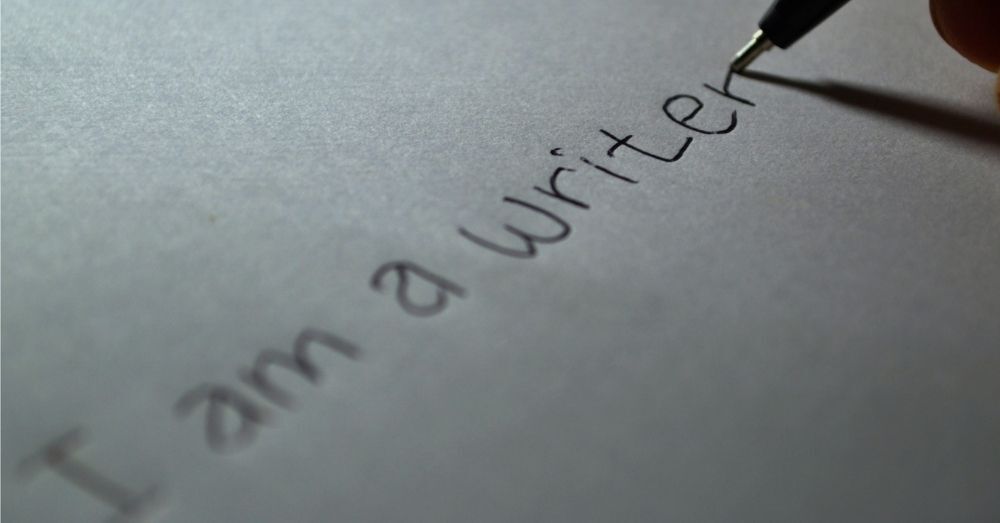
A well-crafted thank-you email goes beyond mere politeness; it’s an opportunity to reinforce your interest in the role and the company, showcasing your genuine enthusiasm while maintaining a polished and professional demeanor. This balance is crucial for leaving a lasting positive impression.Conveying enthusiasm effectively involves expressing your excitement about the potential of joining the team and contributing to their goals.
Professionalism, on the other hand, ensures your message is respectful, well-written, and aligned with workplace etiquette. Combining these elements thoughtfully can significantly enhance your post-interview follow-up.
Expressing Genuine Interest
To convey genuine interest without appearing overly eager, focus on specific aspects of the conversation that resonated with you. This demonstrates that you were actively listening and have given thoughtful consideration to the opportunity.Here are some examples of language that conveys genuine interest:
- “I particularly enjoyed our discussion about [specific project or company initiative]. It further solidified my excitement about the potential to contribute to such innovative work.”
- “Our conversation about [team dynamic or company culture aspect] was very insightful, and I am eager to become a part of a collaborative environment like the one you described.”
- “I was especially intrigued by [a challenge or problem the company is facing]. I believe my skills in [relevant skill] could be instrumental in addressing this.”
- “The prospect of [a specific responsibility or opportunity within the role] is particularly appealing, and I am confident I can make a valuable contribution.”
Maintaining a Professional Tone
A professional tone in your thank-you email is characterized by clarity, conciseness, and respect. It reflects your understanding of professional communication standards and your seriousness about the position.Techniques for maintaining a professional tone include:
- Using formal salutations and closings (e.g., “Dear Ms. Smith,” “Sincerely,”).
- Avoiding slang, jargon, or overly casual language.
- Ensuring impeccable grammar and spelling. Proofreading is essential.
- Keeping the email focused and to the point, respecting the recipient’s time.
- Reiterating your qualifications in a confident, not boastful, manner.
Effective Gratitude Expression
Expressing gratitude effectively involves more than just saying “thank you.” It means acknowledging the interviewer’s time and effort, and framing your appreciation within the context of the opportunity.Here are techniques for expressing gratitude effectively:
- Acknowledge the interviewer’s time: “Thank you for taking the time to speak with me yesterday.”
- Express appreciation for the insights gained: “I truly appreciate you sharing your insights into [specific aspect of the role or company].”
- Connect gratitude to future contributions: “I am grateful for the opportunity to have learned more about this role and am even more enthusiastic about the possibility of contributing to your team.”
- Reinforce positive impressions: “I am thankful for the positive impression I received of [company name] and its team during our conversation.”
Addressing Potential Pitfalls and Mistakes to Avoid
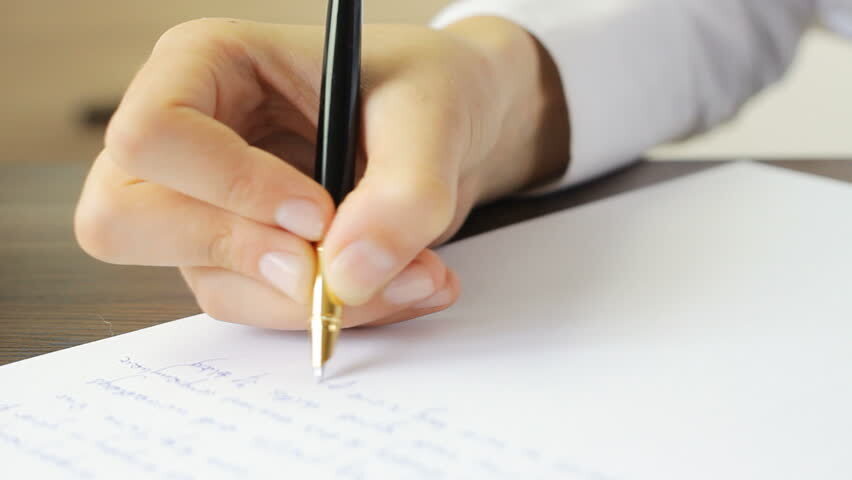
While crafting your post-interview thank-you email, it’s crucial to be aware of common missteps that can inadvertently detract from your otherwise strong candidacy. A well-intentioned email can sometimes fall short if not approached with careful consideration. Understanding these potential pitfalls will help you navigate the process smoothly and ensure your message has the desired positive impact.Many candidates, in their eagerness to follow up, overlook details that can significantly affect how their thank-you email is perceived.
These errors can range from minor oversights to more substantial mistakes that might raise concerns for the hiring manager. By being mindful of these common issues, you can refine your email and present yourself as a polished and professional candidate.
Grammatical Errors and Typos
The presence of grammatical errors and typos in your thank-you email can severely undermine your credibility and professionalism. These mistakes can create an impression of carelessness or a lack of attention to detail, qualities that are generally undesirable in any professional role. A single typo might be overlooked, but multiple errors can lead the reader to question your overall competence and commitment.The consequences of such errors extend beyond just appearing unprofessional.
They can signal to the interviewer that you may not be meticulous in your work, which is a red flag for any position that requires accuracy and precision. In a competitive job market, even small errors can provide an easy reason for a hiring manager to move on to another candidate who has presented a flawless application.
“Attention to detail is not a minor skill; it’s a fundamental requirement for success.”
Content to Exclude from the Email
There are several types of content that should be deliberately omitted from your post-interview thank-you email to maintain its professional focus and effectiveness. Including certain topics can distract from your core message, appear unprofessional, or even create negative impressions.To ensure your thank-you email remains impactful and focused on reinforcing your suitability for the role, consider the following categories of information to avoid:
- Demands for Information: Do not use the thank-you email as an opportunity to ask about salary, benefits, or the next steps in the hiring process. Such inquiries are premature and can come across as overly eager or presumptuous.
- Excessive Personal Anecdotes: While a touch of personality is good, lengthy personal stories or unrelated details about your life should be kept to a minimum. The email’s primary purpose is professional follow-up.
- Criticism or Negative Comments: Never use this email to express any dissatisfaction with the interview process, the interviewer, or the company. This is highly unprofessional and will undoubtedly harm your chances.
- Reiterating Every Single Point: While it’s good to briefly touch upon key discussion points, avoid rehashing every detail of the interview. Focus on reinforcing your interest and highlighting key takeaways.
- Overly Casual Language or Emojis: Maintain a formal and professional tone throughout. Avoid slang, jargon, or the use of emojis, which can detract from your seriousness.
- Unsolicited Advice or Suggestions: Unless specifically asked or it directly relates to a point discussed and enhances your value proposition, avoid offering unsolicited advice or suggesting changes to the company’s operations.
Conclusion
In conclusion, mastering the art of the post-interview thank-you email is a powerful tool in your job search arsenal. By thoughtfully addressing each element, from a clear subject line to personalized content and timely delivery, you can effectively reinforce your candidacy, demonstrate your enthusiasm, and set yourself apart from other applicants. This strategic follow-up is more than just a courtesy; it’s a final opportunity to make a compelling case for why you are the ideal fit for the position.